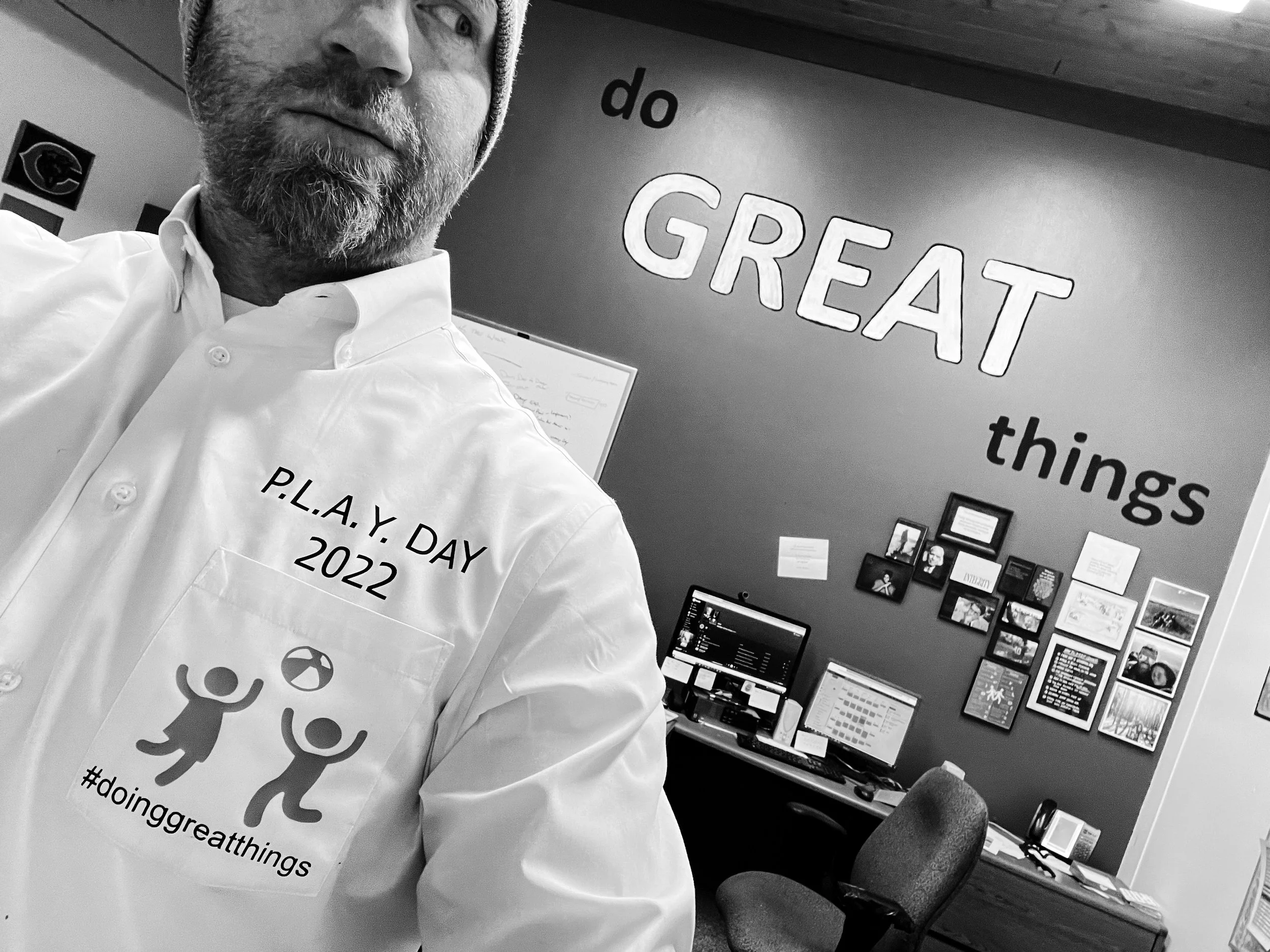In 1984, Mac released their iconic commercial. A decade later, Steve Jobs developed a slogan, "Here's to the crazy ones." It reads:
Here’s to the crazy ones, the misfits, the rebels, the troublemakers, the round pegs in the square holes… the ones who see things differently — they’re not fond of rules… You can quote them, disagree with them, glorify or vilify them, but the only thing you can’t do is ignore them because they change things… they push the human race forward, and while some may see them as the crazy ones, we see genius, because the ones who are crazy enough to think that they can change the world, are the ones who do.
If that doesn't define the teacher's spirit, I'm not sure what does.
But recently, as I’ve reread and wrestled with it many times over, I’ve come to believe that it also seems a bit incomplete.
Here's what I mean.
I have almost always believed that greatness and genius are manifested when we break through a ceiling of restriction - when we prove the impossible possible. Think landing on the moon, running a sub-4-minute mile, or summiting Mt Everest - things that no one thought could ever be done and then suddenly are. These acts have traditionally embodied the spirit of The Crazy Ones and have been my criteria for greatness.
Recently, though, I've begun to believe that many crazy ones walk among us, looking just like normal people, enduring seemingly impossible hardships yet continually changing the world. They may not be climbing Everest, but they are battling a terminal illness, enduring devastating loss, or shouldering the exhausting weight of life's struggles. And they do so daily, without complaint or attention, with grace, kindness, and dignity.
We have several of these people working and walking in our schools. And I don't know about you, but these are the people who inspire the hell out of me. They are the ones who encourage me to show up and try harder than I feel, give more than I want, and keep me grounded in this beautiful yet seemingly impossible profession. They are - you are - the crazy ones who even amid the title waves of pain, frustration, and sadness, choose to believe they can still change the world. And then they do.
And I just friggen love that. And am fully inspired by it.
So, thank you, teachers for being the crazy ones. For inspiring us all to be better and to do better. Thank you for changing the world.
As you do, please allow others - even invite others - to help you:) No one ever summited Everest, ran a record-setting mile, or landed on the moon alone. They all had help. They all needed help.
And so do you.
That’s what I’ve been thinking about this week.
#doGREATthings!
Give. Reflect. Explore. Analyze. Try.
For more on . . .





